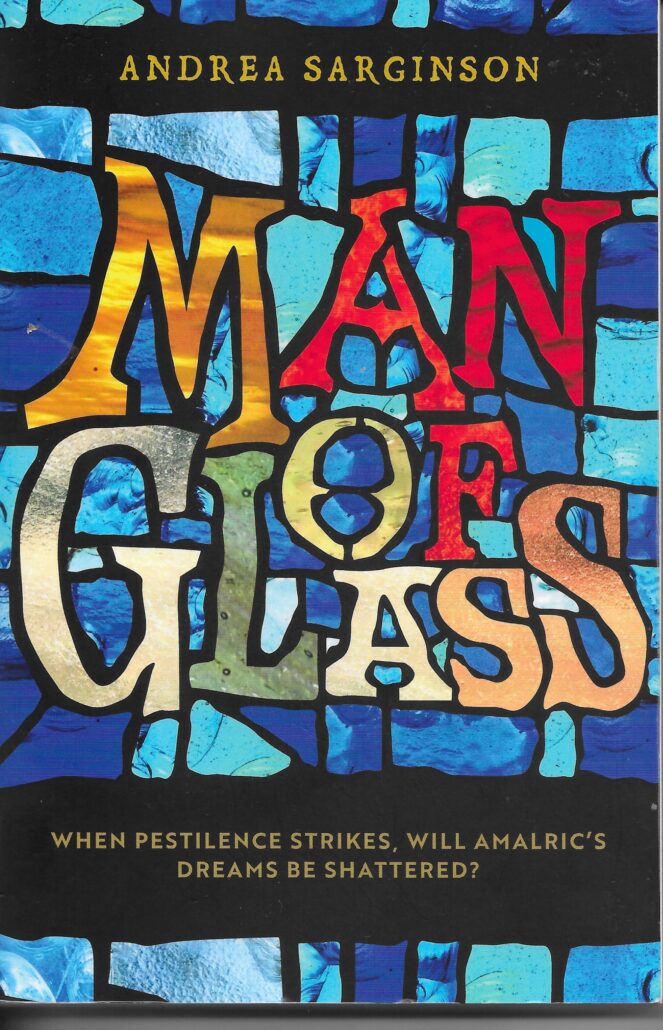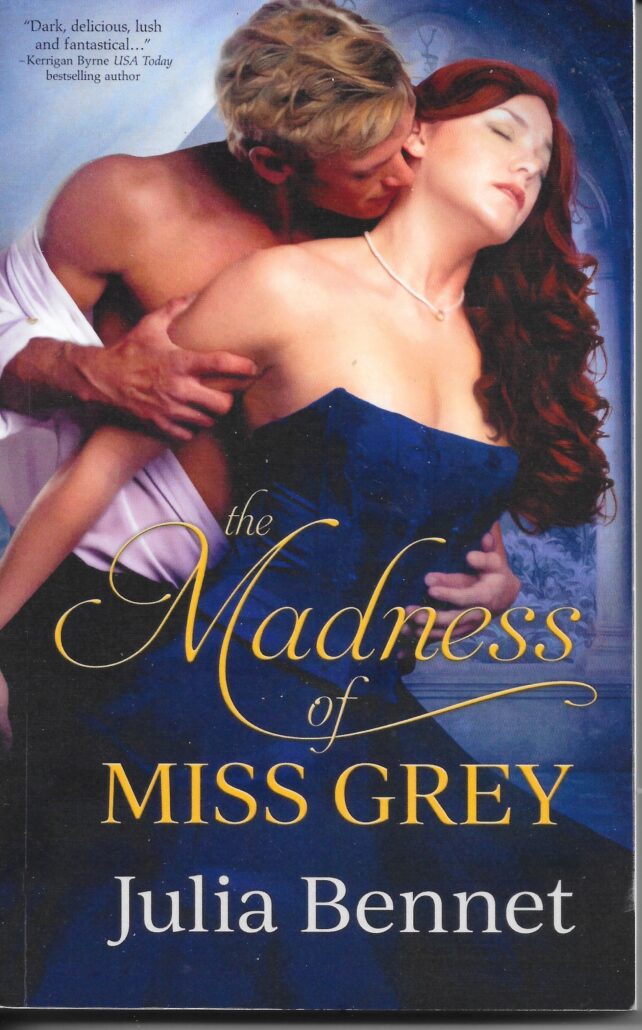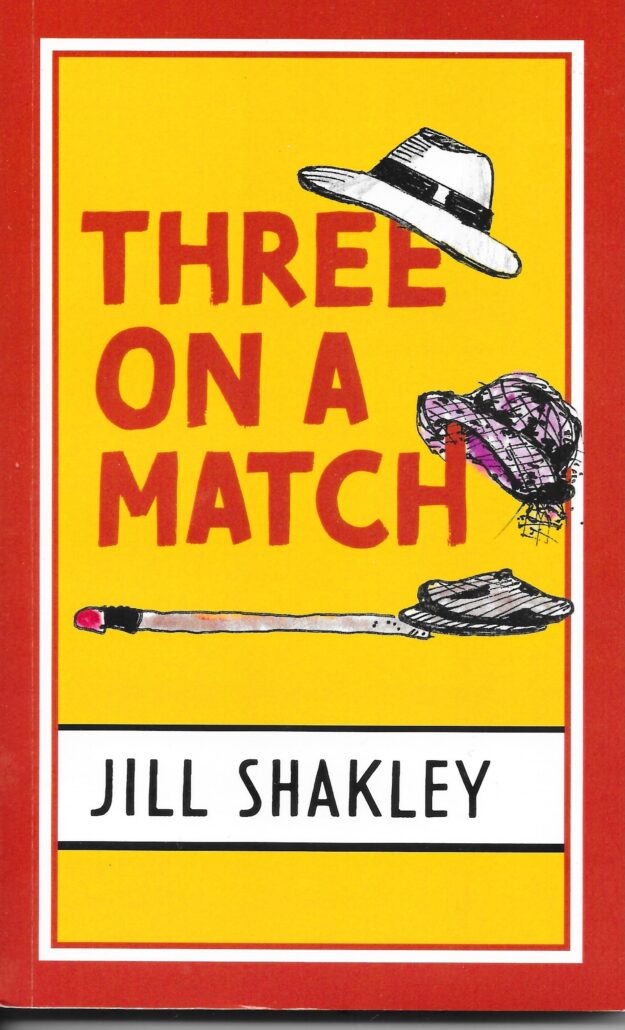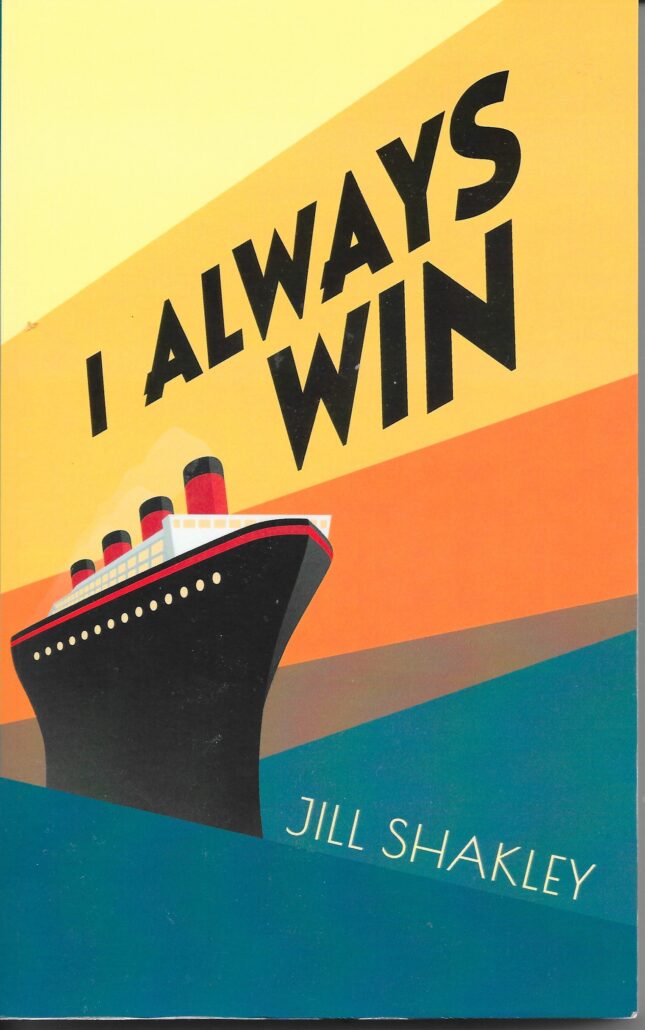WINNING AND READING: Three authoresses, two dogs and a cat By Michael Higgins
WINNING AND READING:
Three authoresses, two dogs and a cat
By Michael Higgins
Recently three friends or acquaintances have published novels. One is Andrea Sarginson with Man Of Glass, (Instant Apostle 2019), a medieval story about an apprentice glassmaker’s family during the Black Death in the East Riding of Yorkshire. Another is Julia Bennet’s The Madness of Miss Grey, (Entangled Publishing 2019) another Yorkshire Story framed around a Victorian country asylum for the insane, a kindly new doctor and a problem-vixen inmate looking for any means to escape. The Third is I Always Win by Jill Shakley, (Friesen Press 2021)a Wodehousean style story, set in the nineteen thirties, of Rodney Goodale, a would-be novelist who, Jeeves–like, gets a temporary job as a gentleman’s gentleman with the well-meaning but dotty and almost Kafkaesque the Hon Frederick Oglethorpe.

Andrea’s book; Man Of Glass, (left) has already been reviewed in Sidetracks And Detours by Norman Warwick in May of last year, in an article entitled Words From The Writer, still available in the site´s east to negotiate literary archives. So all that remains for me to say is that, as a medievalist with a love of the period literature, I found her story of village life, feuding families, plague, primitive medicines and herbals, and of course church stained-glass making, a worthy representation of the age. A sense of spiritual colour pervades her glassmakers’ family ordeal and Yorkshire dialect adds homeliness, and linguistic interest, for me. But as one of Andrea’s writing colleague in the Travellers Group, and a fellow contributor to the Gallipoli poems in Reading the Century, one could ask would I be too biased to review her book objectively anyway?

Likewise Julia’s novel, (right) aimed at the female historical fiction market, (a market which has not, until now, included me) gives me a double problem. Julia is a distant family in-law, whom I have only once almost met briefly, yet to review her book might still expose me to criticism of bias or expose my ‘Mills And Boon ignorance‘, a literary misunderstanding of the worst degree. In this situation ought I to really review her book on literary, historical, or romantic grounds? I could also add the linguistic criterion too, as I am chairman of a dialect society and Julia’s story is based on a Yorkshire setting where the resident doctor’s only word of dialect is to call his mother ‘Mam’. Even I can see that petty squabbling over linguistic purity can be an argument of the deaf for those simply hankering after the mystery involving evil asylum keepers and a sinister rich paymaster with a reason for wishing Miss Grey incarcerated indefinitely.
The tension here rests with the doctor-patient moral dilemma and the quest to unravel the patient’s true story and background, – bodice ripping, true romance and even sensual pleasure notwithstanding. And in true Yorkshire fashion a gloomy Bronte scenario with an almost ‘woman in the attic’ story develops into one of sexual as well as criminal strain. Miss Grey however is not quite an Agnes Grey or a Bertha Rochester of the Brontes´. And the plot does escape from ever gloomy Yorkshire to the sunnier south. As I said, I am not the right man for the job of reviewing modern female romantic fiction.
This brings me to the third authoress. One romantic word I do love is the time-honoured feminine distinctions of ‘authoress’, and’ editrice’ (or ‘editrix’’, both of which pertain even more in today’s world of women calling themselves ‘guys’, ‘actors’, ‘ seamsters’, ‘editors’ etc in a supposed Feminist drive to achieve masculine equality.
In this respect I am an old romantic set in the era of Miss Grey and the Brontes. After all, if in some parallel world males decided to call themselves ladies, gals, actresses, authoresses, songstresses, seamstresses etc in some gesture towards sexual equality how would the real ladies like it? Jill Shakley may agree with me part way here, but I suspect only so far.
But as her two novels to date are set in the PG Wodehouse era of the 1930s his seemingly modern trend to have strong women characters pervades even when the narrators of the story are men. As in Julia Bennett’s book the publishing editrices/editrixes at Friesen are female too.
But my dilemma with Jill is that she is the wife of my very old Fiend James, a friendship formed in my fourteen years of residence in Toronto and in the many years of correspondence in literary and military matters that followed. And Jill is in fact a writing partnership with James, in which they both imagine, and write, with Jill as rough-rider and typist. Many years ago they published new Sherlock Holmes stories in the Conan Doyle vein but under a different pseudonym. In their current Wodehouse genre James is the acknowledged ‘silent partner’ in their writing.

Jill states on the back cover of her earlier novel Three on a Match’ (Friesen 2019, shown left) ,a Bertie Wooster and Jeeves foray, that she has venerated PG Wodehouse’s craftsmanship and genius and has read his work extensively. She is also very fond of vintage detective fiction. She also states that she lives in Toronto with her artist husband and three cats. On the back cover of this second ‘Wodehousean’ era adventure I Always win, she writes that Jill Shakley is actually James and Jill. However she also writes to thank a certain ‘Lancashire Scholar, Michael Higgins’.
The thanks are for my reading of the manuscript to check for inopportune North Americanisms in phrasing and, challengingly, spelling, among other things. With horror I re-read a few Wodehouse stories to find that they were originally written for American publications during the English born writers’ long residency there as theatre writer and aficionado. Hence a lot of Americanisms were built into the stories. Would it be morally right for me to take them out of any Wodehouse based 21st century venerating stories? I did my best with the spellings and phrasing but find somehow the American ‘mom’ and the odd ‘gotten’ have crept back in to the text in places.
‘Gotten’ is a bugbear of mine as Britons of my age always say, ‘I’ve got a cold’ not ‘I’ve gotten one’, and whereas US Georgia born Oliver Hardy might say to Lancashire born Stan Laurel, ‘that’s another fine mess you’ve gotten me into,’ Stan would correct him into saying – it’s ‘got!’ In fact I recall both comedy film stars using their version of the past participle of the verb’ to get’ in the same film. Alas since recommending changing ‘gotten’ to Jill, I have heard young television personalities (even on the BBC) saying it, and even ex prime- minister Gordon Brown. I begin to wonder whether British purity is sustainable in the 21st century. And I wonder if I am. But in the 1930s I fear it has got to be ‘got’.

Regardless I stumbled on, replacing North American ‘purses ‘with British handbags, ‘thumbtacks’ with drawing pins, ‘vests ‘with waistcoats etc. And now I Always Win (right) is in print I have just finished perusing a new manuscript for a future novel too. But I still wonder if making Wodehouse more British than Wodehouse is a quagmire of wishful thinking. As an ex resident of Canada and long- term resident of my native Britain I ought to be (a) swell at this. But is this making too many trees for literary appreciation’s forest?
And in Canada I too used Canadianisms, soon getting into the lingo during lengthy return stays.
But on with the tale: in I Always Win, Rodney Goodale is an out of work would- be writer recently returned from a fruitless stay in Paris to find work in London. His pal, a would-be poet with less than perfect rhymes, puts him onto an agency hiring valets for gentlemen. Despite his total inexperience he is hired y for heaven knows what quirky reason by the dotty and almost Kafkaesque gentleman, the Honourable Frederick Oglethorpe. The tale follows on with stories of a stage musical troupe forced to sail back to New York when finances fail and Goodale and his employer undertaking a trip on the same boat.
Crossed wires and desires intrude into the tale with mixed message courtships, mysterious ship- board thefts, and an eerie hint of danger. There is a ship’s cat to break up the tension somewhat and the very useful ship’s typewriter in the writing room where the said cat rendezvous with the by now love-lorn Rodney Goodale. Jill also put a curious cat in her earlier novel, Three on a Match, and cats do their best to reign in all her stories.
Mysterious men come and go on board RMS Princess Alexandria and an odd meeting crowns the supposed end of the journey in New York. And showing strong form in this almost pastiche of a Wodehousean odyssey is American showgirl Elizabeth Weston ‘wearing a flowered pink dress that clung to her graceful figure and failed to hide much of her shapely legs’. Second is English showgirl Molly amid the mysterious goings on, involving real and theoretical lifeboat drills, theft of a briefcase and lots of ocean spray.
Will Rodney Goodale get his girl, will the Honourable Frederick Oglethorpe get his, and will they and the briefcase get back to London? Will his The Atlantic Liner Mystery ever get written? Will he always win? And what will happen to the cat? What is certain is that in this genre Jill Shakley rises to a worthy necromancer of the Wodehouse ghost.
So on to animals. A dog, Samson, plus sheep, cows and hens galore abound in the not so ‘romantic’ Man of Glass. And the faithful Hector is the protecting hound in The Madness of Miss Grey. In I Always Win, the cat, Rowney, attempts to steal the show. I am not sure how this links these three works together and perhaps there is no link save that three authoresses within my ken have succeeded in writing for their intended public.
And there is one further link: all three have sequels in the pipeline, which is more than can be said for the author of this poor sort of review. But, like Rodney Goodale, remember that writing and winning are the hope of all us all who care to turn a blank page.
Editor´s note: Every so often our computer just downs tools and refuses to work on at least one part the Sidetracks And Detours. Today, for some reason it has refused, on an intermittent basis to insert the two stops over the e in Bronte. perhaps it was laughing at me because i couldn´t remember the literary name for that sign when I first began pleading and demanding my computer just takes its xxxxxxx finger out and dosome xxxxxx work for once in its xxxx life.
No blame for this should be attached to the author, Michael Higgins who is a calm and fastidious craftsman and we place on record our apologies to him.




Leave a Reply
Want to join the discussion?Feel free to contribute!